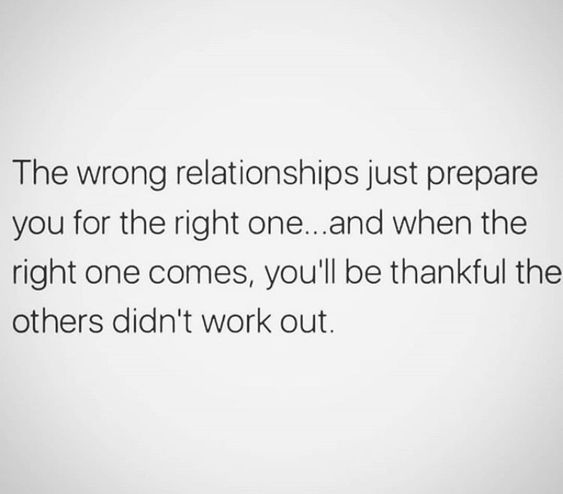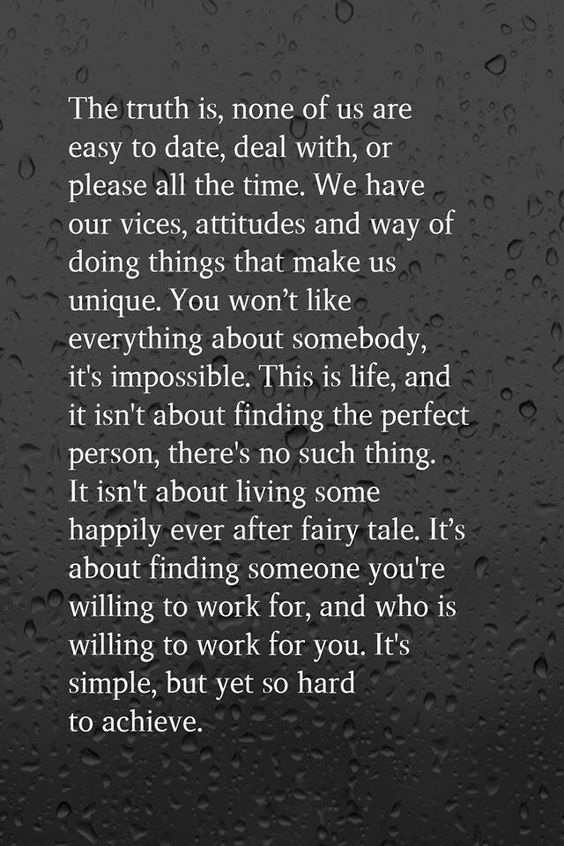Archives
“The elders were all proof that you could live a full and fulfilling life even when the weather turned stormy. So why worry about the clouds in the forecast? Live your life, put on a show, take a chance, give thanks for your failures along with your successes—they’re two sides of the same coin. If we’re living longer, maybe we have an obligation to live better: wiser, kinder, more grateful and forgiving, less vengeful and covetous. All those things make life better for everyone, but especially the person trying to live by them. Even, I would add, when we fail in our attempts to get there.” ~ John Leland, Happiness is a Choice You Make (Page 231)
“So often we measure the day by what we do with it—cure cancer or surf in Maui or meet with our child’s math teacher—and overlook what is truly miraculous, which is the arrival of another day. Enjoy it or not. The day doesn’t care, but if you miss it, it won’t be back again.” ~ John Leland, Happiness is a Choice You Make (Page 216)
“It takes seventy or eighty or ninety years to learn the value of another sunrise or a visit from a surly grandchild—to appreciate how amazing, really amazing, life is. They only seem paltry because we haven’t lived long enough to see their value, or survived enough losses to know how surmountable most losses are. Simple gifts can be as rewarding as more elaborate ones, and there’s no rule that a life of daily mah-jongg in a fluorescent-lit community room is less fulfilling than one of high-stakes baccarat in Monte Carlo.” ~ John Leland, Happiness is a Choice You Make (Page 215)
“I would say, that I am applying the ‘butterfly wing’ theory to my everyday life. It’s a kind of moral dictum, moral responsibility to keep in mind that whatever I do this second affects what the next second will be. So I try not to do anything negative, which is my best insurance that the world will be better next second, or at least not worse. But of course, my positive action may be undermined by 100 negative actions of others and so it may mean nothing. But I still have to follow that dictum. You can call it optimism.” ~ Jonas Mekas, via Happiness is a Choice You Make (Page 212)
“Only the young think they aren’t dying, or that aging is something that affects other people.” ~ John Leland, Happiness is a Choice You Make (Page 211)
“This may be the one-sentence essence of what I learned in my year among the oldest old: to shut down the noise and fears and desires that buffet our days and think about how amazing, really amazing, life is. Could I do this? Before the year began, my answer would have been no, that the noise and fears and desires were life itself. But as the year went along I found myself shifting my focus to the quiet beneath the noise—how unlikely the moment was, how each sliver contained a gift that might never return. Maybe this was what it meant to think like an old person. I couldn’t live wholly in the moment, because I had a future to think about, but if I had learned anything, it was to live as if this future were finite, and the present all the more wondrous as a result.” ~ John Leland, Happiness is a Choice You Make (Page 210)
“The challenge, then, is to find a purpose in life that will sustain you through the latter years. Kickboxing might not be a great choice, but painting, political activity, time with family, or passing along your skills to the next generation can be a reason for living at any age. Practice law, feed the hungry, teach piano, harass your congressman, tell your story. It’s your purpose in life: make it a passion, not a hobby.” ~ John Leland, Happiness is a Choice You Make (Page 206)
“Whether we’re twenty-five or eighty-five, we can choose to live in the things that warm us—in love, humor, compassion, empathy, a supportive arm—not because they make life easy, but because they do the most for us when life is hard.” ~ John Leland, Happiness is a Choice You Make (Page 194)
“Receiving is much harder than giving, but this fact is seldom recognized in mainstream American society. Dependent people are often deprived of chances to give, finding that they must endure a state of almost constant relinquishment and passivity. Consequently, the person receiving help accumulates a debt to the other and must bear the weight of feeling beholden day in and day out. There are few means through which the person can pay back a caregiver for rides to the doctor, help with medical bill paperwork, handling loads of laundry, and check-up telephone calls—the list of favors owed can be immense. The dependent person may yearn for something useful to do, only to be admonished, ‘Don’t worry, we’ll take care of everything.'” ~ John Leland, Happiness is a Choice You Make (Page 188)
“Fulfillment need not be what’s just around the corner. In the end, wisdom lies in finding it in the imperfect now.” ~ John Leland, Happiness is a Choice You Make (Page 178)
“Too often we think that if only we undo the impediments to our happiness, we can be truly happy. But there are always more impediments, more reasons not to be happy now. Helen chose instead to embrace the life she had. She didn’t resent her daughter’s meddling or feel sorry for herself because she wasn’t getting married; she didn’t magnify her unmet desires by treating them as a punishment. They were life, her life. Impediments are the circumstances in which we find happiness.” ~ John Leland, Happiness is a Choice You Make (Page 178)
“To accept death was to accept life, and to accept life was to live in joy, however dire the circumstances around you.” ~ John Leland, Happiness is a Choice You Make (Page 163)
“What I came to realize with John was that accepting death—wishing for it, even—didn’t devalue the days he had left, but made each count more because they were so few. It freed him to live in the things he liked, not agonizing over what he would do if he could. This was why talking about wanting to die could cheer him up. Death gave everything its value. The number of times he would see this or that friend was limited, so each time was precious. The moments were supersaturated, not fleeting as they are in youth.” ~ John Leland, Happiness is a Choice You Make (Page 151)
“‘Happy in spite of’ entails a choice to be happy; it acknowledges problems but doesn’t put them in the way of contentment. ‘Happy if only’ pins happiness on outside circumstances: if only I had more money, less pain, a nicer spouse or house, I’d be happy as a clam. ‘Happy if only’ feeds millions of dollars into lotteries or impulse purchases, which provide nothing of the sort. Ping, by contrast, didn’t expect her hardships to pass, so didn’t pin her happiness on their doing so. When she was younger, she said, she thought moving to America would solve her problems; she found that it just replaced them with others. The lesson was to find happiness not in the absence of pain and loss, but in their acceptance.” ~ John Leland, Happiness is a Choice You Make (Page 135)
“Troubles are always with us, and getting rid of this one or that won’t make us happy; it’ll just move another hardship to the head of the class.” ~ John Leland, Happiness is a Choice You Make (Page 134)




